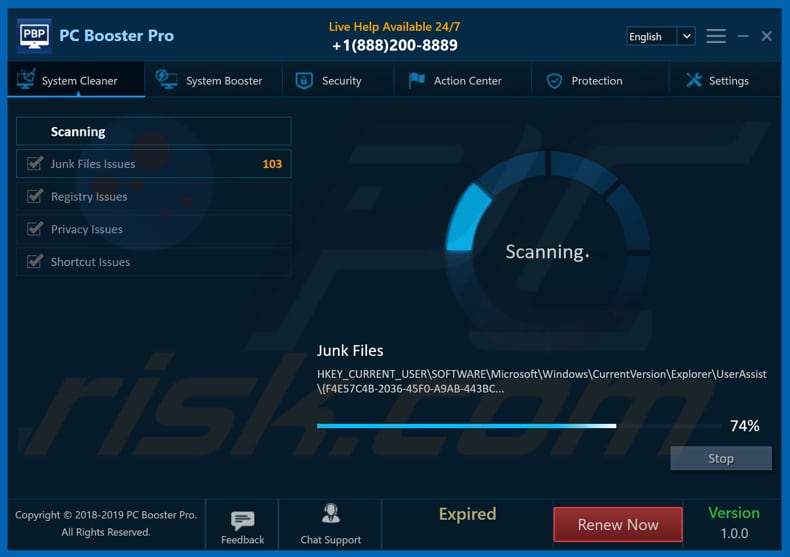


These activated T-cells then multiply and enlist further immune cells in the fight. If an "enemy" is recognized, the dendritic cell moves into a lymph node and "presents" its find to the T-cells. The new adjuvants are designed to bind to toll-like receptors (TLR), a class of proteins used by dendritic cells to detect the characteristic molecular patterns of pathogens. Newer versions are well-tolerated and effective but need to be tailored for every individual vaccine.īy using computer-aided molecular design and machine learning, Bing Yan, Sijin Liu, and their team at the Research Center for Eco-Environmental Sciences and the Capital Medical University in Beijing, as well as the University of Chinese Academy of Sciences in Beijing and Hangzhou, the Shandong First Medical University & Shandong Academy of Medical Sciences, and the Guangzhou University, have now developed two novel adjuvants with broad-spectrum effectiveness that can significantly boost the immune response to vaccines. However, older versions of this type of adjuvant were not effective enough or had troublesome side effects. Alternatively, there are oil-in-water emulsions that target pattern recognition receptors on immune cells. Aluminum salts have been successfully used as adjuvants for many decades. As reported in the journal Angewandte Chemie, they were able to enhance the effectiveness of immunization against certain forms of cancer in animal models.Īdjuvants amplify and prolong the effect of vaccine immunizations. By using computer-aided molecular design and machine learning, a Chinese research team has now developed two novel broad-spectrum adjuvants that can significantly amplify the immune response to vaccines. In addition to an antigen, many vaccines also contain substances, called adjuvants, which stimulate the immune system. Credit: Angewandte Chemie International Edition (2023). These AuNP adjuvants show advantages in multi-toll like receptor (TLR) targeting and application as broad-spectrum adjuvants to boost robust multifaceted anti-tumor vaccine responses. New Au nanoparticle (AuNP) adjuvants are prepared through computer-aided molecule design and machine learning to discover agonist ligands, and sulfur-Au coordination chemistry guided well-ordered presentation of ligands on AuNP surface.


 0 kommentar(er)
0 kommentar(er)
